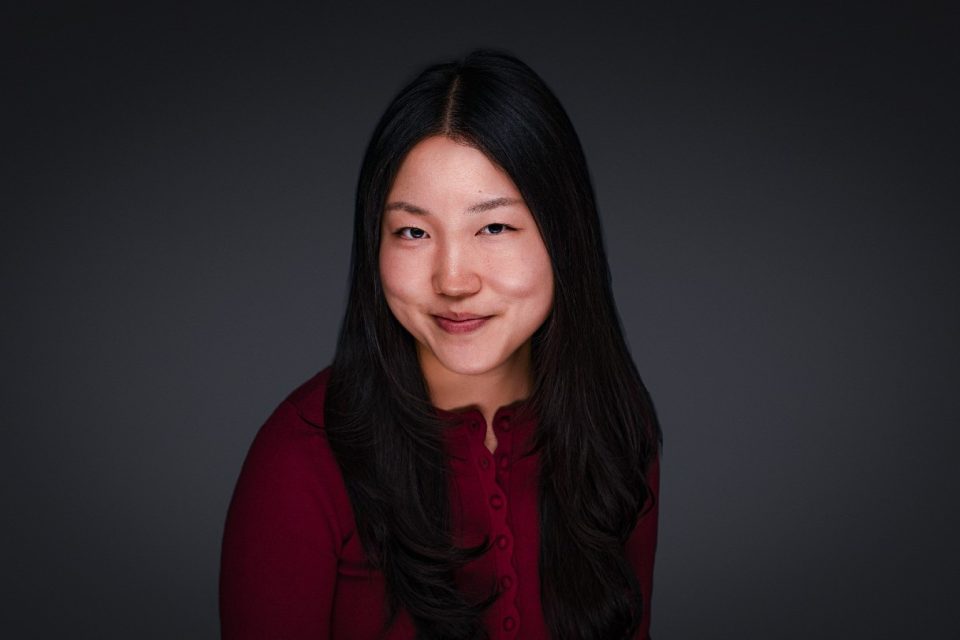The Future of Discovery: Science News spotlights five scientists to watch

Science News, published by Society for Science, highlights early-to-mid-career researchers working on some of today’s biggest challenges in a profile series, Scientists to Watch.
This series celebrates scientists selected from a pool of more than 60 nominees recommended by Nobel Laureates and recently elected members of the National Academy of Sciences. A team of Science News writers, many with deep expertise in their fields, chose the final group based on their potential to shape the future of science.
Check out the profiles of the 2025 Scientists to Watch below!
Erika Moore, University of Maryland
Erika Moore studies uterine fibroids, noncancerous tumors in the uterus. Having experienced fibroids herself, she is driven to understand their molecular underpinnings and related conditions. Fibroids can cause anemia, pain, reproductive complications as well as heavy or irregular menstrual bleeding.
Alex Lupsasca, Vanderbilt University and OpenAI
Alex Lupsasca is a theoretical physicist exploring black holes and what’s called a photon ring, a tendril-thin halo that has the power to reveal secrets from the black hole’s edge. He is the project scientist for the Black Hole Explorer, whose goal is to put a space-based radio telescope into the Earth’s orbit in 2031.
Adeene Denton, Southwest Research Institute
Adeene Denton is a planetary scientist at the Southwest Research Institute in Boulder, Colorado, with a love for Pluto. This passion was first ignited during her undergraduate internship at the Lunar and Planetary Institute in Houston. Today, she studies how collisions between planets, moons and other bodies shaped the solar system, with her simulations revealing an intriguing story for Pluto’s moon, Charon.
Catalina “Cat” Camacho
Washington University School of Medicine in St. Louis
Cat Camacho studies how children’s brains process emotions and how brain development affects their mental health. Camacho, who was a first-generation college student, now leads a laboratory imaging infants’ brains to see how early experiences shape their emotional development, including risks for depression and anxiety.
Marianne Falardeau, Université TÉLUQ
Marianne Falardeau, a polar marine ecologist at Université TÉLUQ in Quebec City, Canada, is studying how climate-driven shifts in Arctic ecosystems affect food security, health and cultural practices in Indigenous coastal communities. By working with these communities, she incorporates their knowledge and perspectives to better understand how Arctic coastal regions may change in the years ahead.


